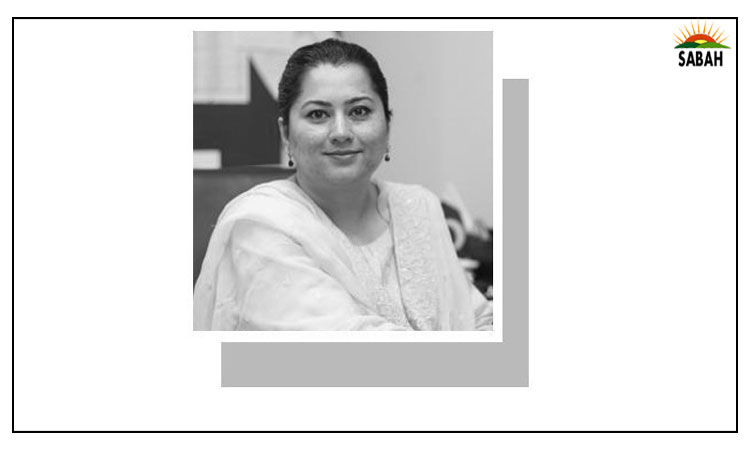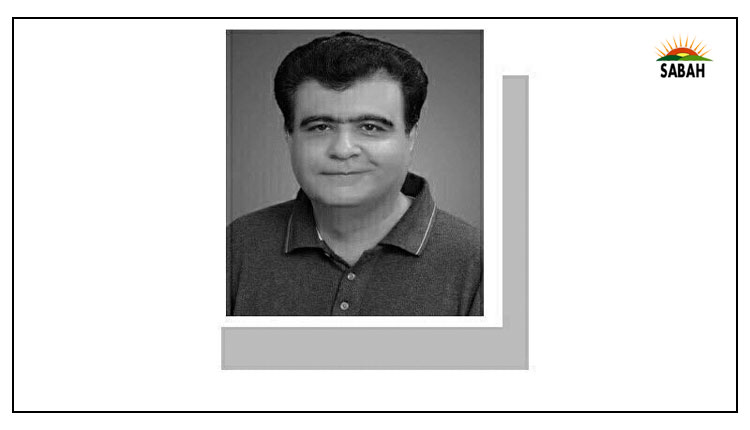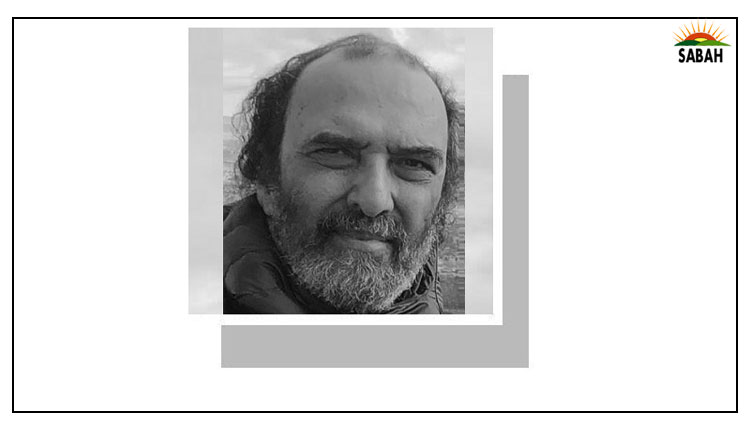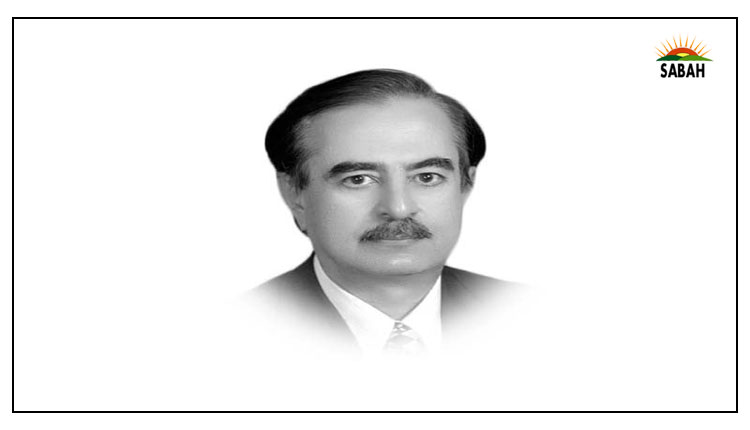From obscurity to glory through poetry… Sahibzada Riaz Noor
Could Babur have conquered Hindostan without asking for the hand of a Pashtoon wife? This may appear an odd question nary raised nor researched. While history recounts the past yet is beclouded with myriad unanswered interrogatories.
Zahiruddin Babur, crowned ruler of Ferghana in Transoxania at the age of twelve later, upon conquering Hindostan, defeating Ibrahim Lodhi at Panipat in 1526, became the founder of the mighty Mughal empire in India, laying the foundations of a new Indo-Iranian civilisation.
William Erskine, a translator of Babur Nama from Chaghati Turkish into English, describing Babur, writes: Upon the whole, if we review with impartiality the history of Asia, we find few princes entitled to rank higher than Babur in genius and accomplishments.
The noted historian Stanley Lane Pool writes about Babur Nama, Baburs autobiography: His autobiography is one of those priceless records which are for all time, and is fit to rank with the confessions of St. Augustine and Rousseau, and the memoirs of Gibbon and Newton. In Asia it stands almost alone.
In a world where women played scant public roles, quite a few women feature prominently in the history of Babur. Aisan Bugha, his redoubtable grandmother, acted as a virtual regent during Baburs early difficult days when he was constantly threatened by claimants to his throne and ambitions over Samarkand.
Babur, defeated by his enemies, had at last to flee for life and ultimately, aided by a few supporters, in 1504, established himself as ruler of Kabul. Khanzada Begum, Baburs elder sister, played an influential role in family and court matters, forever a royal confidante while Mahim Bagum was the queen consort, being Humayuns mother. Gulbadan, Baburs loving companion-daughter, later wrote the Humayun Nama during the reign of Akbar.
One Pashtoon Yusafzai lady, Bibi Mubarika, scion of chieftains of the tribe, niece of Malik Ahmed who played such a great role in peacefully settling the tribe after its exodus from Kabul in areas stretching from Bajaur and Swat up to river Indus however finds scarce mention in Baburs historiography.
Born and bred in pristine natural beauty of Swat, ostensibly in present-day Thana, in the house of Malik Suleman Shah and Shah Mansur, living according to noble values of Pashtoonwalli, honour, fidelity, courage and virtue, she became the seventh and youngest wife of Babur in 1519. In her words:
Mine was no temporal lure
But an Afghans honour pure
Facing ferocious opposition in vanquishing the Bajaur fort, remembering how Alexander and Timur faced fierce resistance at the hands of the Pashtoons on their way to conquering India, Babur writes in his autobiography: To conciliate the Yousafzai horde (tribe), I had asked for (the hand of) the daughter of Malik Shah Mansur son of Malik Suleman Shah a Yousafzai Afghan.
The epic, Bibi Mubarika and Babur, scribed in English poetry by the author of this column, attempts to restore to her rightful place in the annals of forgotten history the legacy of a royal Afghan and Pashtoon lady who stands out on a par with great heroic queens. Babur muses:
What the scimitar may not actuate
I remembered from my peers
Cupids bow more often
May sublimate
At the book launching ceremony of Bibi Mubarika and Babur presided over by Chief Minister KP Azam Khan on March 19, 2023 in the historic Royal Albert Hall of Peshawar Museum under the auspices of KP Directorate of Archeology and Museum and with the cooperation of Edwardes College Literary Society an eminent array of authors, poets, scholars and literary critics highlighted various aspects of the epic English poem, describing it as not only a rare contribution to literature but to Pashtoon and South Asian history.
By far the most significant feat of everlasting courage and commitment to the Pashtoon norm of honor-bound fidelity that every commentator alluded to was Bibi Mubarika, in one unparalleled heroic act, volunteering to travel from Kabul to Agra in 1544 to bring back the mortal remains of Babur to be buried in his willed and fondest of 10 Gardens he had laid, Chaharbagh in Kabul. Johar in his Tawareekh-e-Humayun and Gulbadan Begum in her Humayun Nama write of the Afghan Bega Begi or Bibi Mubarika to have undertaken this daunting task. Baburs sons, Humayun et.al were precluded from carrying out the task due to Sher Shah Suri, an enemy, being in power in India, having defeated Humayun at Chaunsa in 1534.
The journey was no less fraught with physical dangers crossing mountains, mighty rivers and plateaus. This act of everlasting courage and fidelity alone places Bibi Mubarika at the pinnacle of timeless glory.
Eminent scholars like Muneeza Shamsie, Dr Akbar Ahmed, Dr Amjad Hussain and Ejaz Rahim commented upon the book during the ceremony.
Akbar S Ahmad, eminent anthropologist, scholar and Ibn Khaldun Chair of Islamic Studies at American University, said the author has given us not only a poem rich in imagery, colour and emotion but also a history lesson full of insights.
Dr Amjad Hussain Professor Emeritus, Toledo Univ, Ohio remarked that the poet has given us a memorable painting of the life of Babur and his Yousafzai wife with select words painting a vivid imagery.
Bibi Mubarika and Babur is a wonderfully rich and vivid narrative poem which brings into mind the epics of antiquity, observed Muneeza Shamsie. The book makes a significant contribution to throwing new light on roles women played in Mughal history, she added.
Ejaz Rahim, an outstanding English language poet and critic, said the author had given a new living idiom to contemporary Pakistani English epic poetry which is transcendental, emotive and transformative.
The book launching ceremony was also addressed by Spuzhmai Khattak, teaching English Literature in Swabi University; Prof Shujaat Ali, Principal of Edwardes College Peshawar; Nasir Iqbal, Coordinator, BS English Programme; and Ms Maria, a student representative of the Edwardes College English Literary Society. In his concluding remarks, the chief guest lauded the effort of the author, particularly highlighting values and norms of Pashtoonwalli which Bibi Mubarika exuded throughout her life disregarding any worldly ambition or desire to inherit her husbands riches or domains.
Courtesy The Express Tribune, March 27th , 2023.












